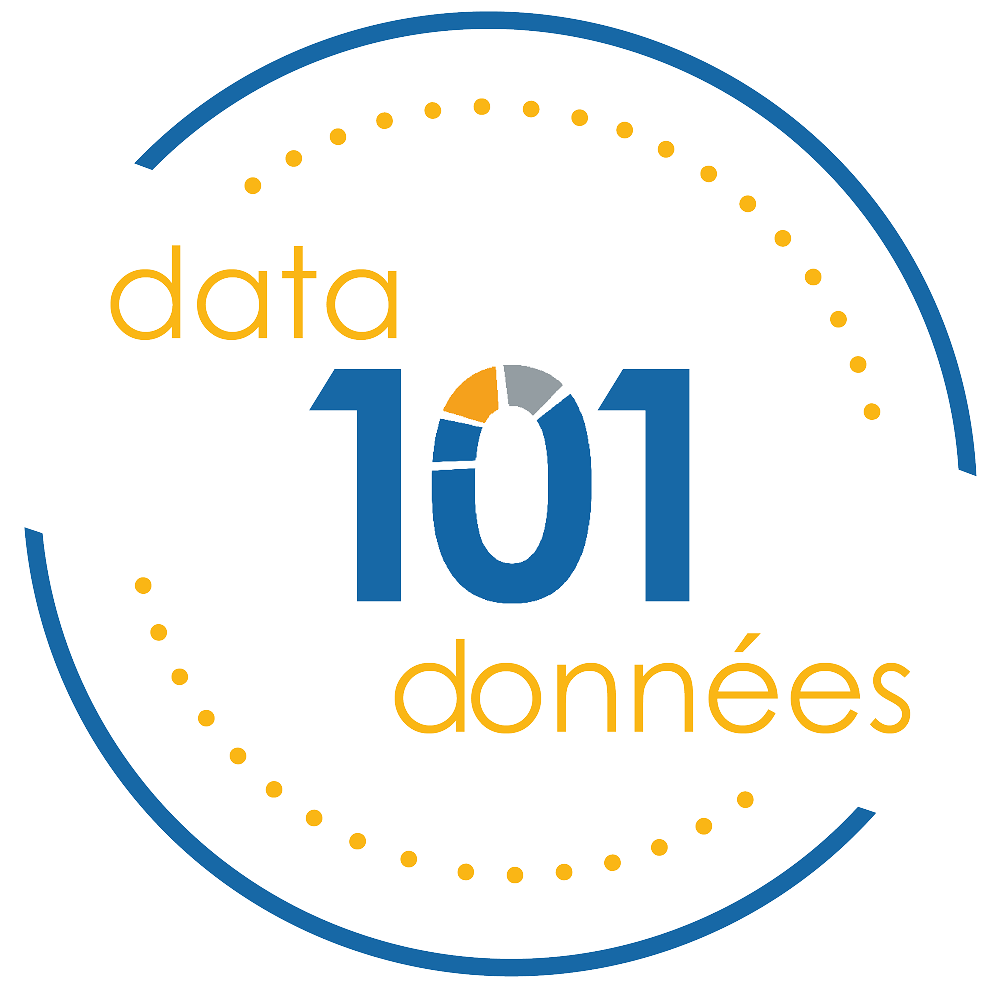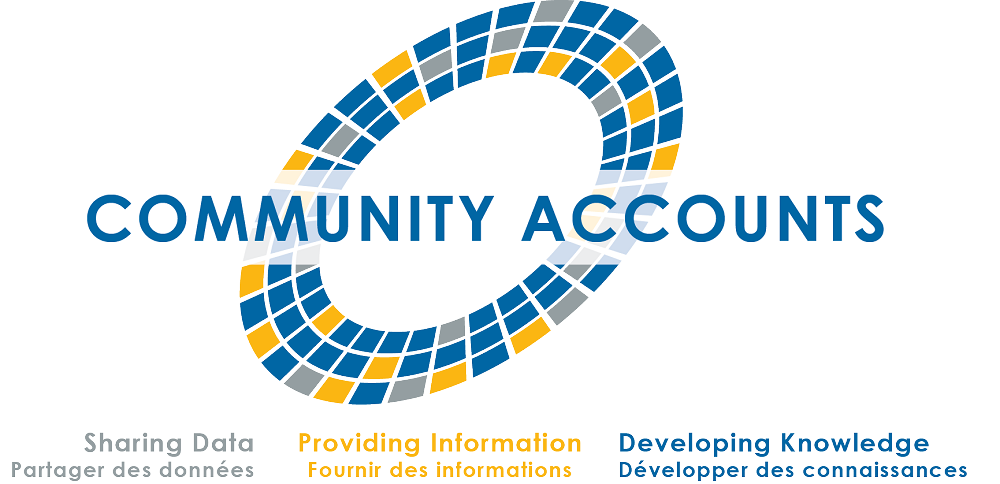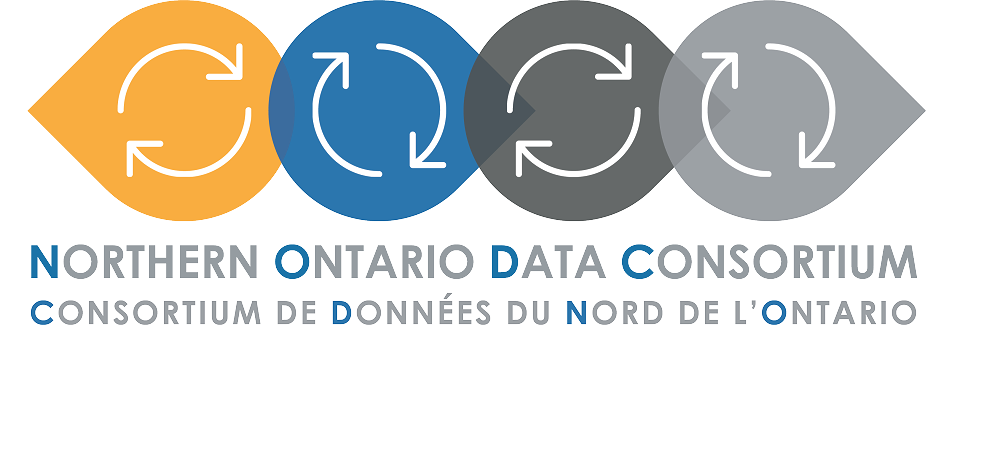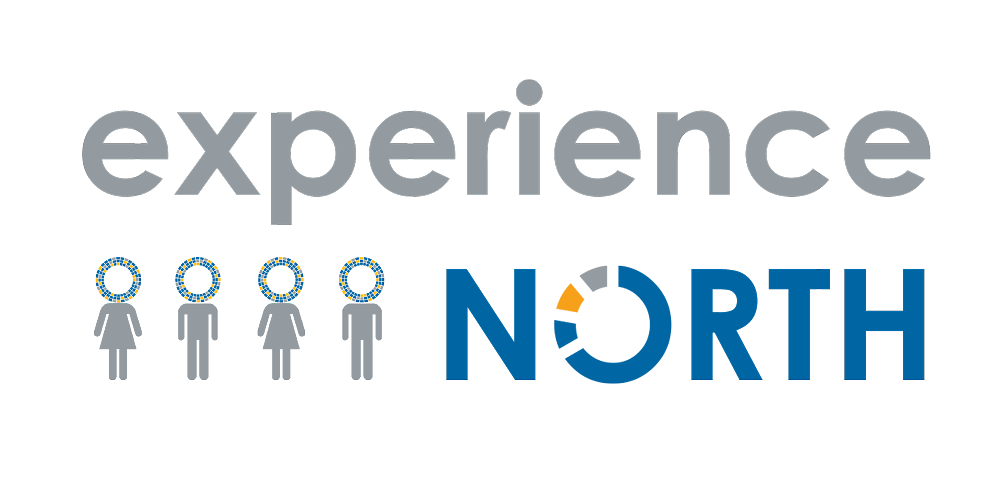NPI Programs
There is no evidence-based research without data.
Northern Policy Institute is making data more accessible for everyone, to increase the capacity of communities in Northern Ontario, and those outside the region, to make evidence-based decisions on investments, programs, regulations, and other policy decisions affecting Ontario’s North. Check out the data and map tools we have made available below to start digging deeper into Ontario’s northern regions.
npi.communityaccounts.ca is an open access online information system with data from 2001, 2006, 2011, and 2016. This portal allows users to custom generate a limitless number of tables and illustrative graphics, organized by geography and data topic within a system of distinct accounts. Free to use and explore the online resource uses four different interactive tools, including well-being indicators, community profiles, tables and charts, and maps. These tools provide users with information on topics such as income, education, health, and employment, and can answer questions such as:
- How does employment in one region compare to Ontario and the rest of Canada?
- How do people rate their mental health throughout Northern Ontario?
- How do education levels in one community compare to another?
Level: Beginner – Advanced
Potential Users: Economic development officials, municipal planners, Tribal Councils, University and College students and professors, business owners, healthcare professionals, policy makers
Can be used for: Generating quick and easy reports and charts on well-being indicators in your community that can be used for research papers, policy development, funding proposals and more.

ConnectNORTH brings a GIS based supply chain mapping tool to Ontario's northern regions. This group purchase plan reduces the cost for Users to secure industry data in order to identify opportunities and gaps for their community, region or all of Ontario’s northern regions. The online platform provides information for three industries: agri-food, manufacturing, and tourism (with the capacity to include others!).
The COVID-19 pandemic has highlighted gaps and weaknesses of supply chains in Ontario's northern regions. Reducing those gaps and protecting against those weaknesses is an opportunity for economic growth and investment in Ontario's northern regions.
To act on that opportunity, Northerners need access to reliable and up-to-date information about potential suppliers, customers, and partners in various industries in Ontario's northern regions. Users have the ability to filter businesses by industry, NAICS code, business name, geography or a combination to analyze supply chains.
To date, ConnectNORTH has added 7500+ businesses and counting to ConnectON! These businesses are spread across Ontario’s northern regions. All businesses have been assigned a code from the North American Industry Classification System (NAICS).

Good decision makers aspire to make evidence-based decisions. In many cases, however, they lack the skills and experience to find the data they need or to put it to the most effective use. Or they lack the resources required to support the needed analysis on a timely basis. Northern Policy Institute can help.
Sometimes, decision makers need even more evidence and raw data at the very lowest level that may not be available to the general public. Northern Policy Institute is a consortium lead for access to statistical data in Northern Ontario through the Community Data Program, led by the Canadian Council on Social Development. This group purchase plan reduces the cost for decision makers and analysts to secure data beyond that which is released free by providers like Statistics Canada. By becoming a member at a minimum cost, you are given access to municipal, provincial, and federal data sets, through a secure website which connects you to online data products available for download.
Level: Intermediate – Advanced
Potential Users: Economic development officers, policy makers, data graduate students, research organizations, planning companies, Municipalities, First Nations, immigration officials
Can be used for: Digging deeper into multiple sources of raw data to make evidence-based decisions when community planning.
Economic Impact Calculator
Economic Impact Calculator for 20 Industries in 11 Census Divisions in Northern Ontario
Go to Economic Impact Calculator
Employment Calculator
An initiative from the North Superior Workforce Planning Board your Local Employment Planning Council in partnership with Northern Policy Institute


![]()
Every summer, Northern Policy Institute makes available up to ten four-month placements across Northern Ontario. Usually* housed with a partner organization in one of Ontario’s Western and Northern Regions, the placements learn first-hand about the cut and thrust of public policy debate, building human capital and experience in the North.
Experience North will normally receive some partial funding from the Canada Summer Jobs Program. Applicants should be aware of the eligibility requirements for that program when applying for Experience North:
To be eligible for Canada Summer Jobs Funding, youth must:
- be between 15 and 30 years of age at the start of the employment;
- be a Canadian citizen, permanent resident, or person to whom refugee protection has been conferred under the Immigration and Refugee Protection Act for the duration of the employment*; and,
- have a valid Social Insurance Number at the start of employment and be legally entitled to work in Canada in accordance with relevant provincial or territorial legislation and regulations.
The program’s broader objectives as part of the Youth Employment Strategy are to improve the labour market participation of Canadian youth.

The purpose of the Magnetic North initiative is to encourage community coordination in pan-northern population growth and welcoming community strategy, including attraction, retention, and reconciliation.
After hosting two Come North Conferences in February 2020, it became clear that there is an abundance of work being done to welcome newcomers and retain the existing population. Welcoming community efforts, asset inventories, anti-racism and reconciliation supports can be found in every region of northern Ontario. Connection, coordination, and communication across Ontario’s northern regions is needed to maximize these efforts.
The intent is to support those local initiatives by helping them to connect with, learn from, and work alongside other initiatives seeking the same or similar ends. Avoiding duplication, leveraging scarce resources, and avoiding conflicting messages will help Ontario's northern regions to grow and prosper.
The Northern Analyst Collective, a project of Northern Policy Institute, will allow members to “time share” a professional policy analyst. By merging our collective resources we can ensure that the smallest municipality or local charity can access high-end skills at an affordable cost.
The cost of the analyst’s services are covered in part by NPI and our sponsors, and in part through the membership fees paid by members. As a member of the Cooperative you will not only be helping yourself, but you will be helping your neighbours make better, more informed decisions.
Memberships are available for between $400 and $4,000 annually. Sign up for a five-year membership to get a 15 per cent discount
View the current availability for the Northern Analyst Cooperative
Go to Northern Analyst Collective
In addition to NPI, there are any number of organizations collecting, producing, and using measures of economic, social, and environmental sustainability in Northern Ontario. We invite those in need of particular data to contact us so that we can ask the experts known to us if the data exists already or whether it can be collected going forward. We similarly invite those who collect or have data about Northern Ontario to let us know what they have and we invite them to allow us to share it with others in or interested in the North. We make this invitation to anyone doing direct measurement, primary interviewing (polls and surveys), or secondary (targeted or drill down) analysis of larger data sets.
Learn More:
Data / GIS Resources
GIS Courses and Training
Data Courses and Training




